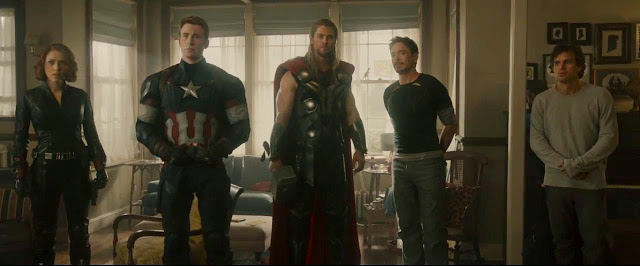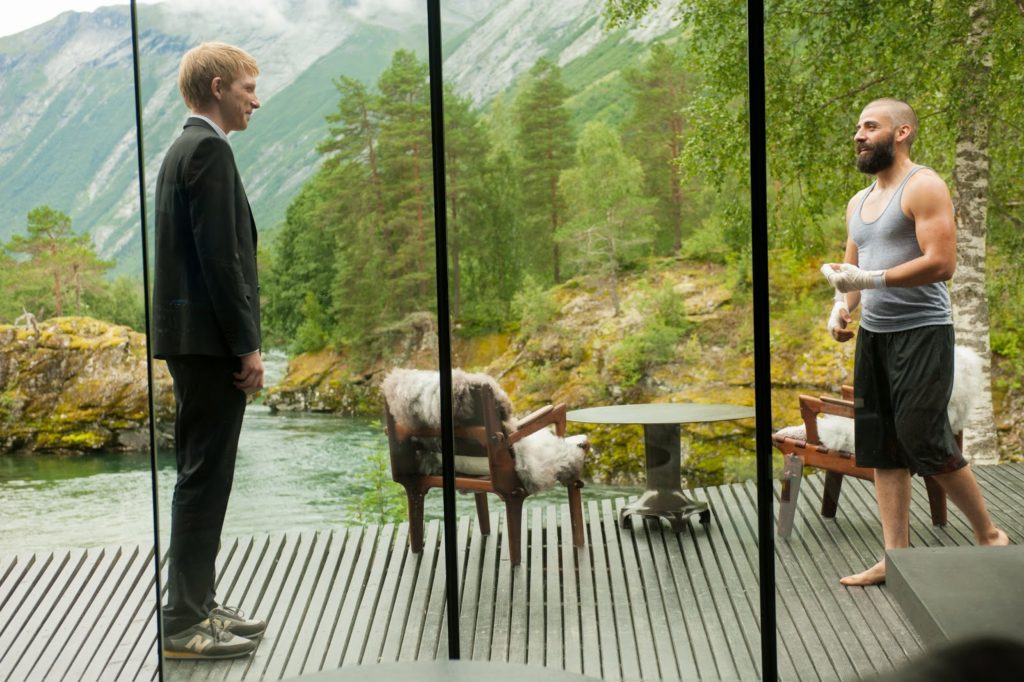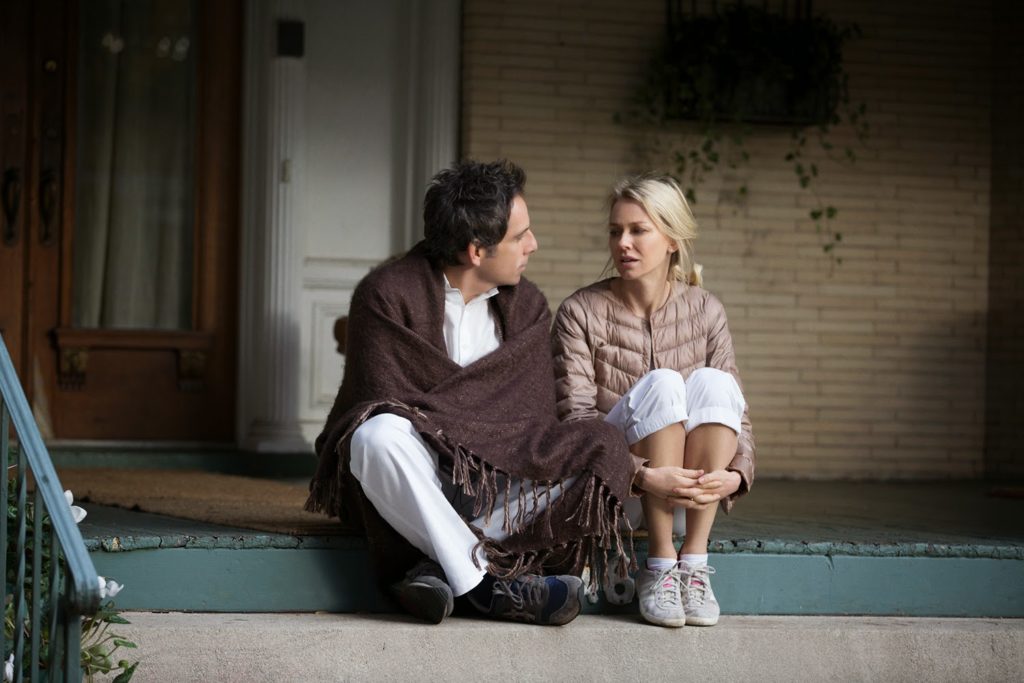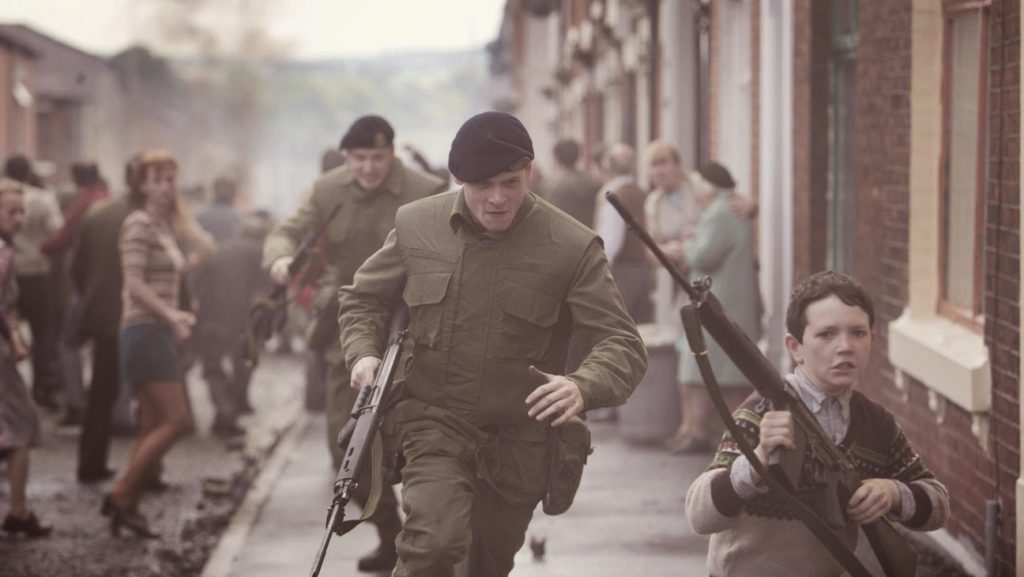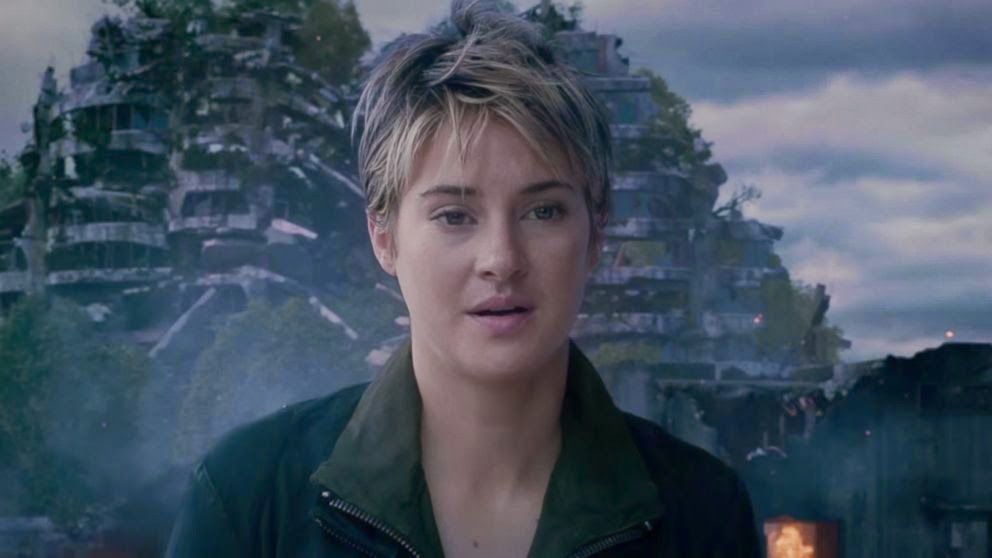Avengers: Age of Ultron—Heroes Assemble, then Cower, then Fight
It seems ludicrous that I should pity Joss Whedon. A visionary so accustomed to having his magical creations snuffed out by the pitiless forces of commerce and TV ratings, he has finally ascended to the summit, piloting the most unstoppable comic-book franchise in cinematic history. Yet after watching Avengers: Age of Ultron, which Whedon both wrote and directed, I cannot escape the feeling that he is exhausted, browbeaten, defeated. He has acquired an unlimited budget and a top-notch cast, not to mention the adoration of legions of fans. But in his feverish efforts to satisfy those fans, he has made not so much a movie as a bloated, hulking anthology, a cluttered collection that dutifully affords screen time and subplots to each of its many, many heroes. There are few films where more happens, but in this movie, more is somehow less.
This is not to say that Age of Ultron is entirely lacking in personality. Whedon’s dialogue still sings, and his gift for witty, easygoing banter remains evident. There are numerous character-driven scenes in which the film’s noisy, explosive bedlam surrenders to pensive, welcome quiet. The problem is that rather than forming the fulcrum of the movie, these human moments feel shoehorned into the larger narrative, stolen respites wedged between the obligatory scenes of violence and spectacle. I am not suggesting that Age of Ultron should have been entirely bereft of action. I simply wish that its action served a greater purpose beyond sating hungry viewers’ appetites with such rote sound and fury. Read More

